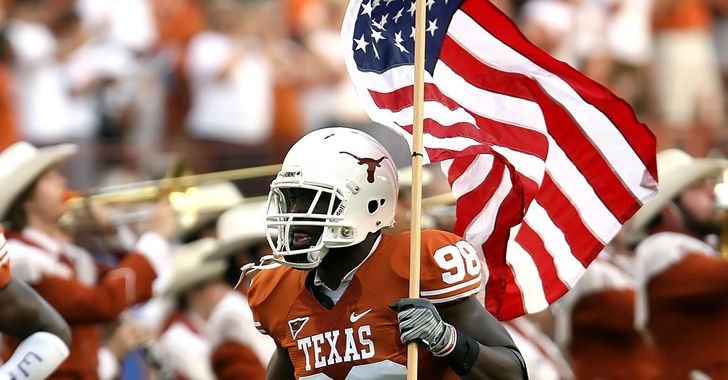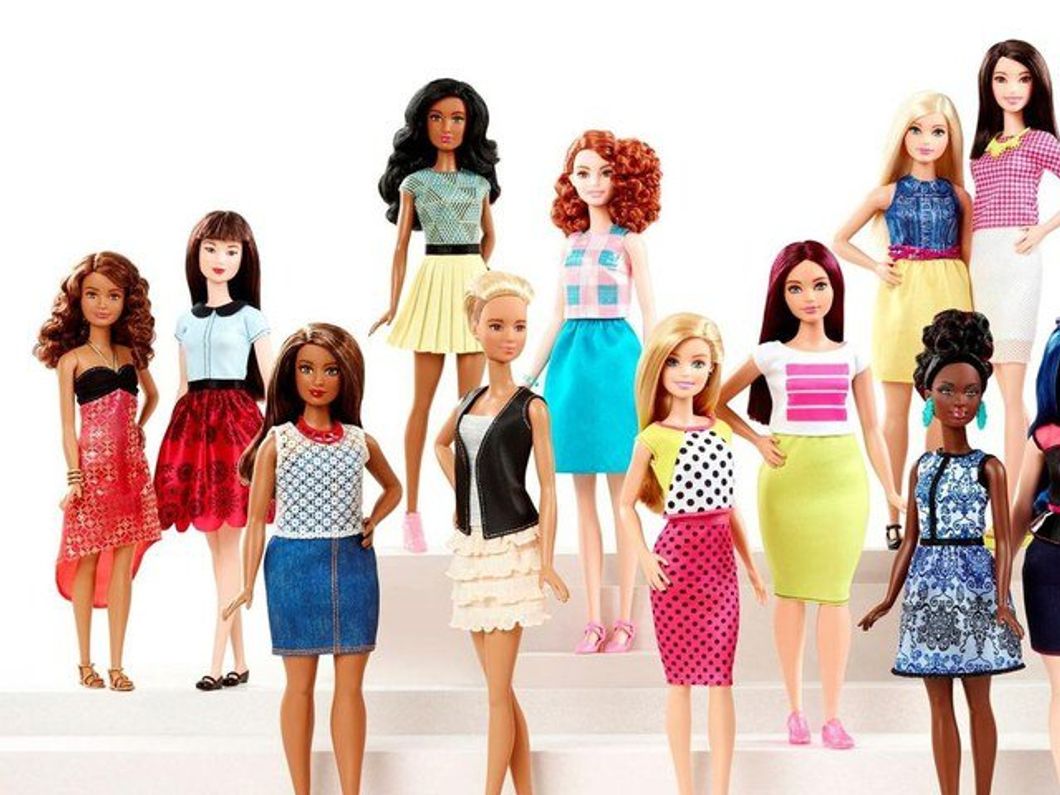Right now, progressives who want a champion in the Democratic primary are in a bind. Massachusetts senator and presidential hopeful Elizabeth Warren recently accused fellow presidential hopeful Vermont Sen. Bernie Sanders of saying in a 2018 private meeting that he didn't think a woman could beat President Donald Trump in 2020. Warren's account of the meeting corroborated four other anonymous sources familiar with the meeting. Bernie responded in the January 14 Democratic primary debate by denying that he ever said such a thing, pointing his history of encouraging women and girls to enter politics.
Both candidates refused to publicly attack each other and proceeded throughout the debate respectfully after that. Bernie and Warren both talked about their friendship and didn't give power to the exchange, with Warren launching a powerful statement about the role of the women in the field in winning elections and their advantages in beating Trump.
All seemed fine during the debate, until Warren declined to shake Bernie's hand at the end of the debate. In the days following, CNN produced audio of the two senators' post-debate exchange, on which Warren is heard accusing Sanders of calling her a liar on national TV:
Warren: "I think you called me a liar on national TV."
Sanders: "What?"
Warren: "I think you called me a liar on national TV."
Sanders: "Let's not do it right now. You want to have that discussion, we'll have that discussion."
Warren: "Anytime."
Sanders: "You called me a liar. You told me — Alright, let's not do it now."
The above conversation represents the most significant progressive divisions among supporters, like myself, who have been willing to support either Sanders or Warren if they were selected as the Democratic nominee. With Warren and Sanders both mutually supportive and refusing to make personal attacks against each other, the above encounter and the exchange between Sanders and Warren are disappointing because the standard-bearers and champions of the progressive cause are being distracted by publicity and success in the primary rather than values of pursuing equitable education and universal health care.
I will be clear with where I stand: I believe the questioning of Bernie was biased in the CNN debate. Here was how CNN political correspondent, Abby Phillips, posed the question to Bernie in a very biased manner:
"CNN reported yesterday that- and Senator Warren confirmed in a statement — that in 2018 you told her that you did not believe that a woman can win the election. Why did you say that?"
I also prefer Hawaii Rep. Tulsi Gabbard to Sanders and Warren. I respect her steadfast stance to anti-interventionism and reverting our military funds to education, especially as an inner-city teacher. My support for Gabbard is a position that has come under heavy fire from a lot of my friends and fellow progressives, for the typical reasons: voting "present" on the Trump impeachment and her meeting with Syria's brutal dictator, Bashar al-Assad, following chemical weapons attacks.
I am not here to defend my support for Tulsi. My friends have called her "crazy" and called me crazy for supporting her, yet I have always respected her grit, charisma, and steadfast commitment to her convictions in the face of media lambasting.
But that does not mean I'm not open to supporting other candidates when the time comes. The likelihood of a less well-known candidate like Tulsi winning the primary is low right now, even though she isn't discouraged by the poll numbers.
When the time comes, however, the progressive movement must be united.
That means throwing our hats behind Sanders or Warren, and that means not giving too much power to the feud between Sanders and Warren that mainstream media is using to divide the progressive movement and earn ratings. I have spent a lot of my night with the TV on, with CNN paying their undivided attention to the spat between Warren and Bernie.
The two of them will personally reconcile. We are spending too much time talking about whether the conversation happened or didn't happen. The two have composed themselves professionally and tactfully with regard to the media attention, especially CNN's.
What most likely happened was a misunderstanding between the two.
None of us were in the room with Sanders and Warren and to continue giving attention to the discussion as CNN has is a futile attempt to divide the progressive movement. "This was the ratings-humping aspect of this gross episode," writes Matt Taibbi of The Rolling Stone.
Progressives, do not play into the theater.
Stand behind the issues. It may be hard to see, but I stand behind the candidate who can help me and my neighbor the most in my service to my kids and my daily life. I stand behind the candidate that can do his or her best to alleviate poverty, violence, mass incarceration, and drastic wealth inequality.
For me, those candidates are Bernie and Warren of the candidates on that stage. The two of them are adults with a lot of shared interests that will resolve their differences most likely in private. They will be fine, and they both know they have a lot more in common than they do
But we, as progressives, can decide whether to choose a side.
Don't.
Don't feed into the mainstream media's attempts at division and manipulation.
Don't spend too much time talking about the feud and focus on policy.
Or else we'll self-destruct.



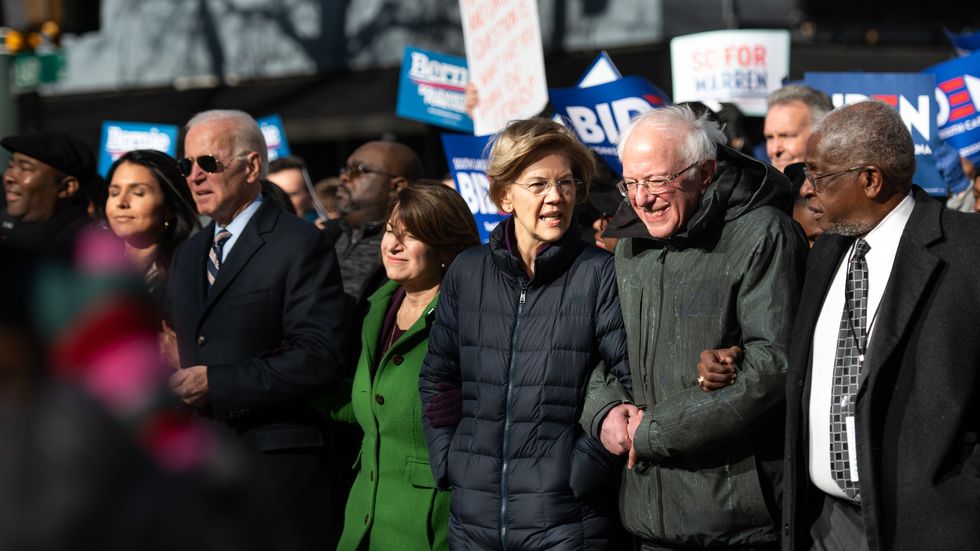


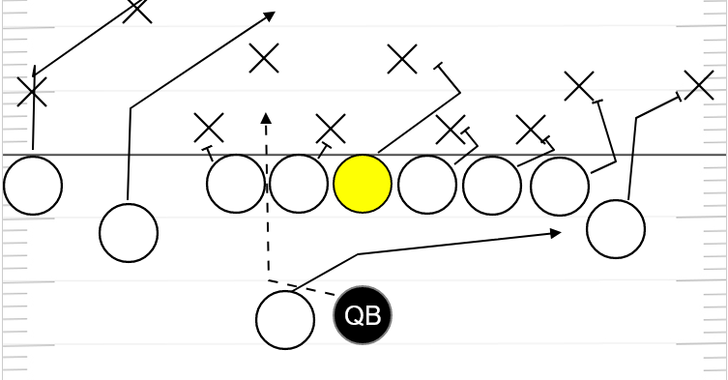

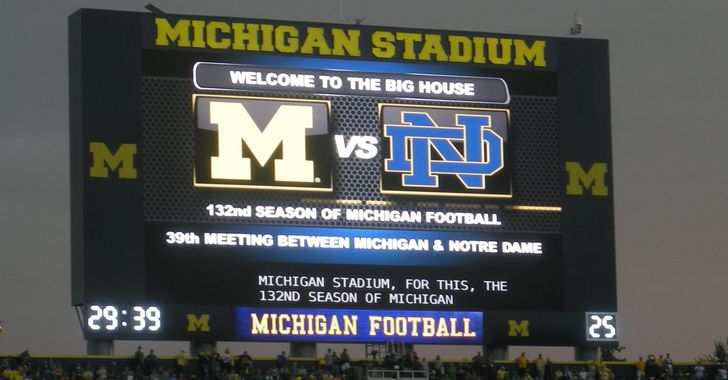
 Photo by
Photo by 